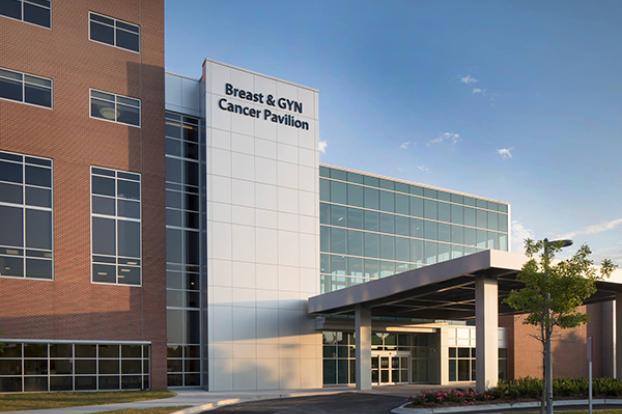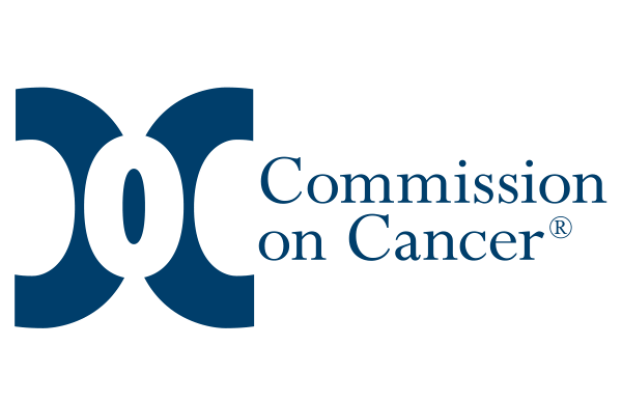Care Begins With Communication
It can be hard to talk about your body, especially when you feel like something isn’t right. Don’t ignore your symptoms out of embarrassment. Our gynecologic (GYN) specialists and cancer team will help put you at ease.

Additional Interests
-

Age and Childbirth Can Take a Toll
Find solutions for problems with bladder leaks or bowel control, pelvic conditions that can cause pain during sex, urination or bowel movements, fibroids, endometriosis or prolapse.
-

Maybe Minimally Invasive
With smaller incisions and shorter recovery time, we can diagnose and treat a variety of conditions, including abnormal vaginal bleeding, pelvic pain/pressure, and genital discomfort.
-

Surviving and Thriving
We work to address physical, mental, and emotional needs of our patients who need and deserve personalized survivorship care tailored to their unique experiences.
Exceptional Cancer Care
When it comes to breast and gynecologic cancer treatment, working together with the region's leading providers to deliver the best possible outcome is at the heart of everything we do. Because walking with women through every step of their cancer journey is what we do all day. Every day.

Accredited Cancer Care
Woman's is accredited by the American College of Surgeons' Commission on Cancer. The Commission on Cancer encourages hospitals to improve their quality of patient care through cancer-related programs focused on the full continuum of care from prevention through end-of-life or survivorship.

